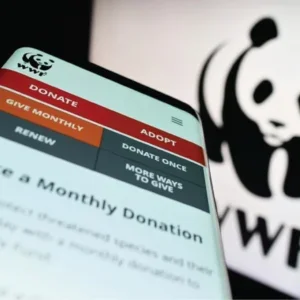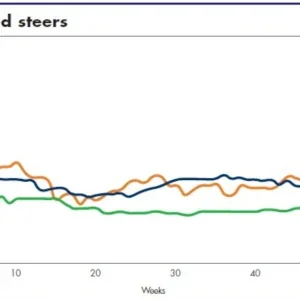The EU reimposed the 58.9% duty on the soft leather, which is used to dry cars and windows, in a bid to aid Cambridge, UK-based Hutchings & Harding and Turin-based Marocchinerie e Scamoscerie Italiane. Their situation is “very fragile and vulnerable” and China has “significant” spare production capacity, according to the bloc.
The EU introduced the levy in 2006 to punish Chinese exporters of chamois leather for selling it in Europe below cost, a practice known as dumping. Last year, when the anti-dumping duty was due to lapse, the bloc opened a probe into whether to renew the import tax, which automatically stayed in place during the inquiry.
Should measures be repealed, the Chinese exporting producers would in all likelihood strive to regain any lost market share in the union,” the 27-nation EU said in a decision on December 3 in Brussels that is the outcome of the investigation. The five-year renewal will take effect after being published in the European Official Journal by December 13.
China’s share of the EU market for chamois leather ranged from 3 – 5% between 2008 and the 12 months through June 2011, the bloc said. That’s down from as much as 30% before the duty was introduced six years ago.
Other countries that export chamois leather to the EU include India, Turkey and New Zealand, according to the bloc. In the 12 months through June 2011, their shares of the European market were 16% for India, 10% for Turkey and 7% for New Zealand, the EU said.
The renewal of the duty against China marks a victory for the UK Leather Federation, which sought the longer trade protection in a June 2011 request that led to the EU expiry investigation. The federation represents more than half of EU production of chamois leather, according to the bloc.
Source: Bloomberg Business Week






